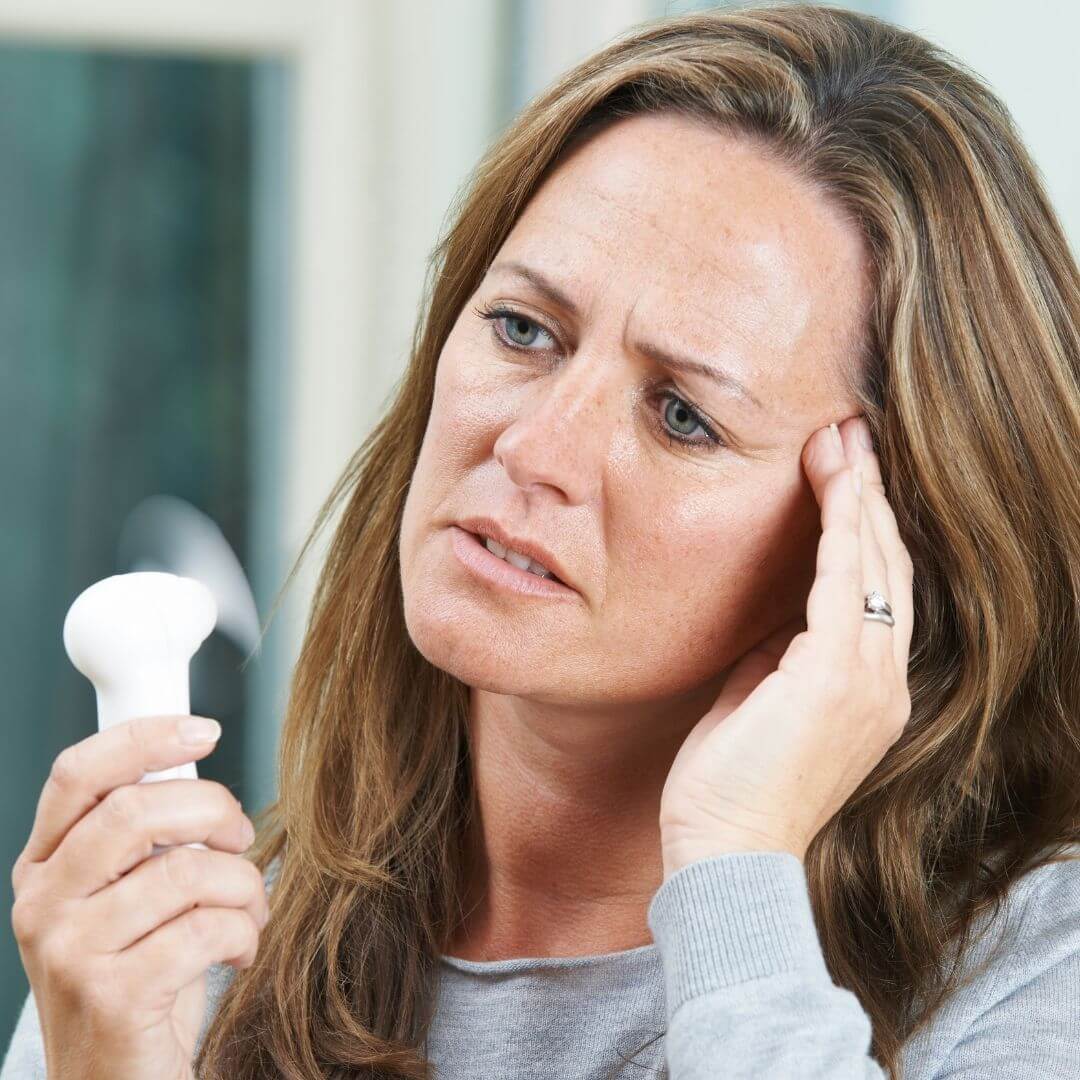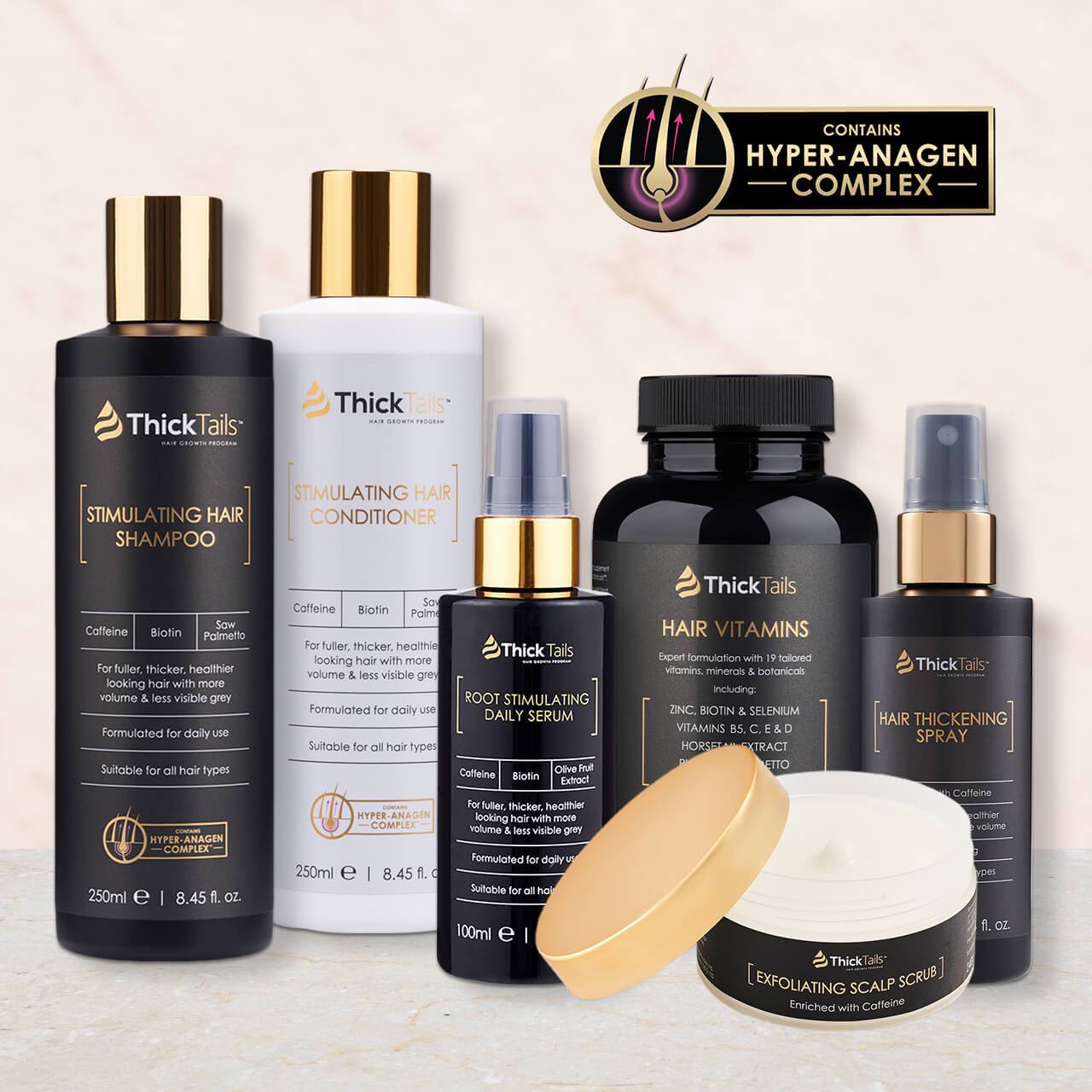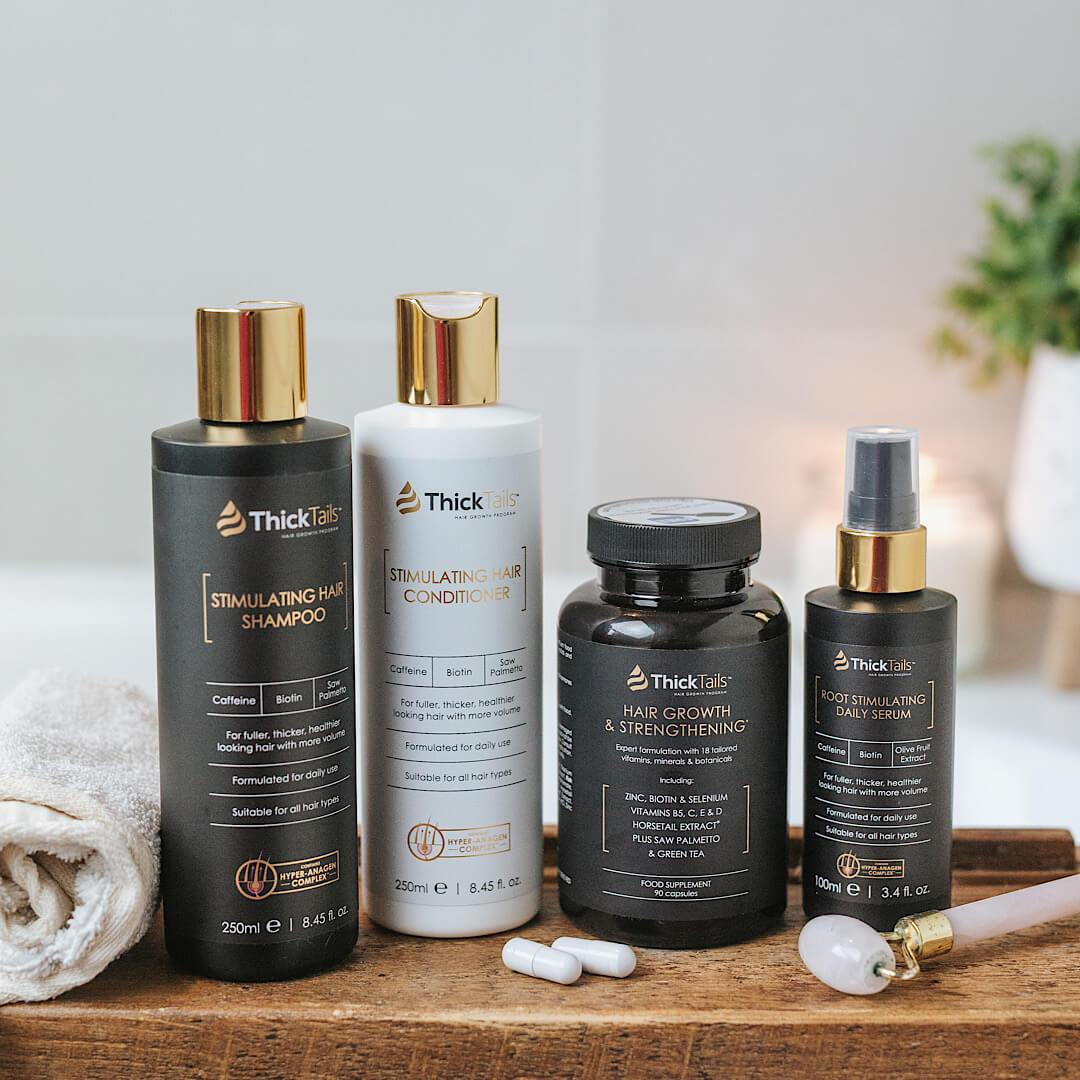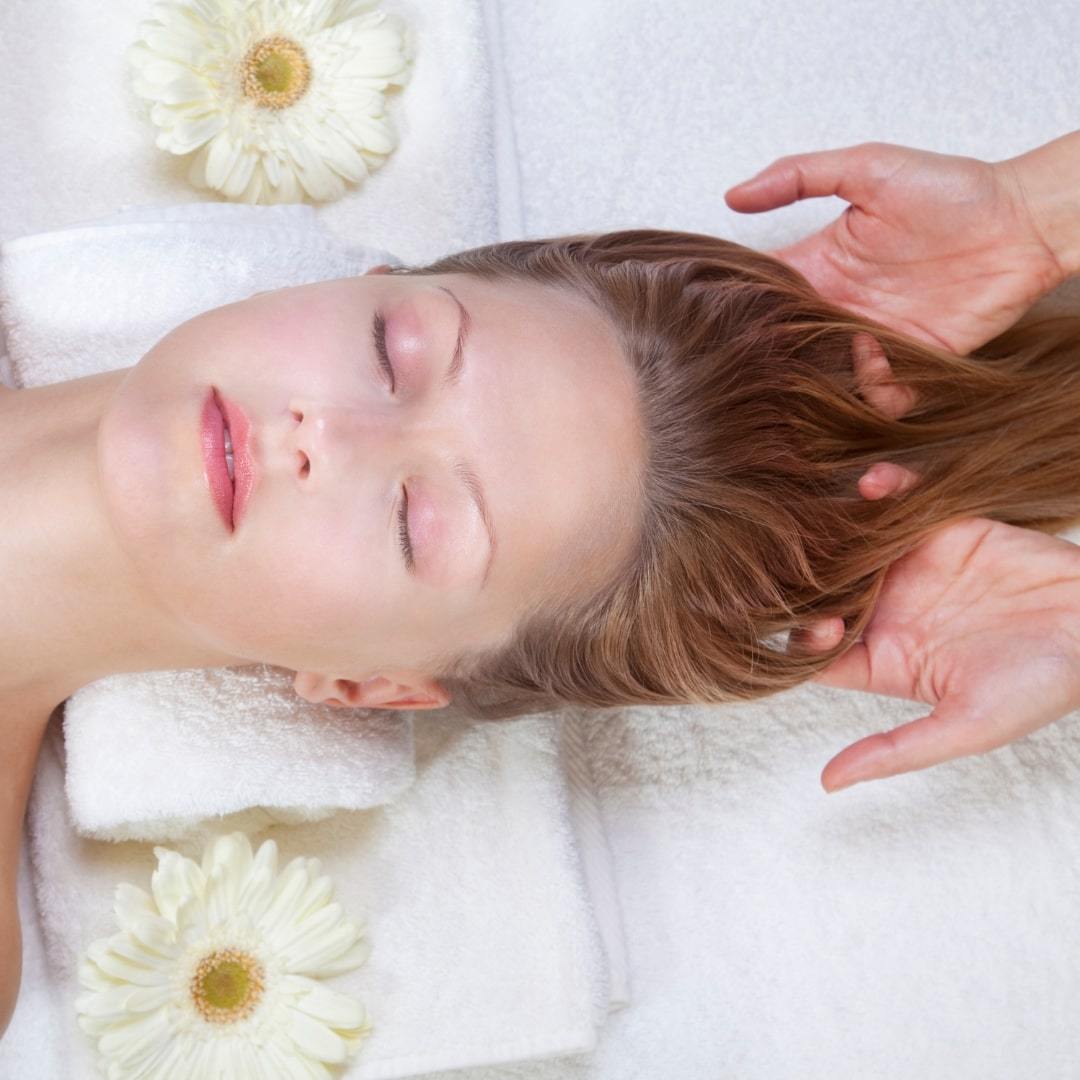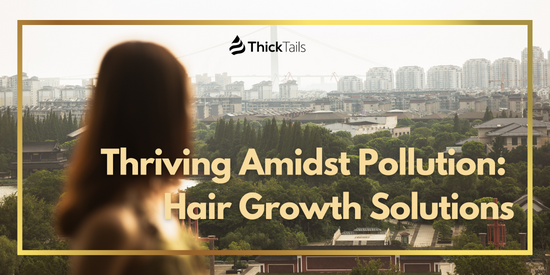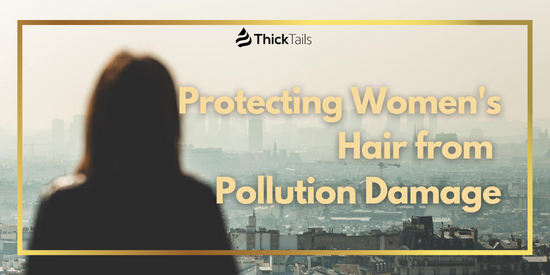Hair loss is an inevitable concern for many men as they age, often attributed to genetic factors, stress, or various health conditions. Surprisingly, there's another silent enemy lurking in the shadows, contributing to the disturbing rise in hair loss among men – pollution. The air we breathe is no longer pristine, and urban environments, in particular, are laden with pollutants that pose a severe threat to the health of our scalp and the growth of our locks.
Understanding the nuances of this relationship between environmental pollutants and hair loss is not only insightful but also the first step to safeguarding your scalp. In this comprehensive guide, we'll explore how pollution affects the health of men's hair and scalp, and provide expert-backed tips and insights on how to counteract these detrimental effects.
I. Understanding the Impact of Pollution on Men's Hair Health

Pollution's reach extends far beyond the environment, deeply affecting men's health, particularly contributing to hair loss. Airborne pollutants, including particulate matter, smoke, and toxic chemicals, find their way onto the scalp and hair, causing damage that inhibits hair growth and accelerates hair loss. Men living in highly polluted areas often face a higher risk of experiencing premature hair loss, as these harmful particles disturb the hair's natural growth cycle and weaken the hair follicles. This makes understanding and mitigating the effects of pollution on hair health an essential aspect of men's grooming and healthcare routines.
The Link Between Pollution and Hair Loss in Men
Air pollution is a complex mix of particles and gases that have been linked to a myriad of health issues, including cardiovascular diseases and respiratory problems. Particulate matter, heavy metals, volatile organic compounds (VOCs), and polycyclic aromatic hydrocarbons (PAHs) are some of the agents detrimental to human health. These hazardous elements don't just settle on your skin; they also make their way into your scalp, potentially disrupting the natural cycle of hair growth and regeneration.
Several studies have established a positive correlation between increased pollution levels and occurrences of premature hair loss among both men and women. Research suggests that fine particulate matter, specifically PM10 and PM2.5, can lead to inflammation and oxidative stress, which can, in turn, disrupt the hair growth cycle causing weakening and eventual loss.
How Pollution Affects Scalp Health and Hair Growth
The scalp, unlike the skin on other parts of the body, is constantly exposed to the atmosphere. This, coupled with the increasing congestion of airborne pollutants, compromises its ability to maintain the ideal environment for hair growth. Oxidative stress caused by pollutants can damage the hair follicles, impede circulation in the scalp, and influence the behavior of the sebaceous glands, leading to excessive sebum production, one of the key factors in hair loss.
Furthermore, pollutants are known to trigger an inflammatory response in the skin. When this inflammation is chronic, as with long-term exposure to polluted environments, it can lead to the onset of androgenetic alopecia, a common form of hair loss in men, characterized by a receding hairline and balding at the crown.
Common Signs of Pollution-Induced Hair Damage
Pollution-induced hair damage may not always be immediately apparent, as the effects are cumulative and generally manifest gradually. Men experiencing pollution-related hair damage might notice symptoms such as:
- Excessive dryness
- Brittleness and breakage
- Loss of luster and shine
- Changes in hair texture
- Premature greying
These signs can be distressing, especially when there's a clear personal care regimen in place. Acknowledging that environmental factors are impacting hair health is crucial, as it necessitates a shift towards hair care that is more tailored to pollution protection.
II. Tips for Safeguarding Your Scalp Against Pollution
To protect your scalp and hair from the harmful effects of pollution, incorporating specific hair care products into your daily routine is essential. Men facing hair loss caused by pollution can benefit significantly from using a shampoo and conditioner designed to detoxify the scalp and remove pollutants without stripping away natural oils. Additionally, applying a hair serum formulated to strengthen and protect hair follicles can further shield your hair from environmental aggressors. These products work together to mitigate the impact of pollution on hair loss, promoting healthier scalp conditions and aiding in the prevention of further damage. By choosing the right shampoo, conditioner, and hair serum, men can take a proactive stance against pollution-induced hair loss, ensuring their hair remains as resilient as possible against the relentless assault of pollutants.
Use of Protective Hair Products and Accessories
The first line of defense against pollution-related hair issues is using protective products and accessories. Investing in anti-pollution shampoos, conditioners, and serums can create a barrier against pollutants, preventing them from settling on your scalp and hair follicles. Similarly, sporting headgear, such as a hat, can act as a physical barrier to limit direct exposure.
Look for products that contain ingredients known for their ability to shield against pollution, such as:
- Charcoal, which can absorb impurities
- Antioxidants like Vitamin C and E, which combat free radicals
- Silicone-based formulas that provide a barrier against pollutants
Choosing accessories that are comfortable yet offer adequate coverage is also significant. For those living in high-pollution areas, masks designed to filter air pollution could be a game-changer for their scalp health.
Incorporating Antioxidants and Detoxifying Agents into Your Hair Care Routine
Antioxidants are your best friends when it comes to fighting pollution-induced hair damage. They neutralize free radicals, reducing oxidative stress and inflammation. It's crucial to incorporate these ingredients into your hair care routine regularly. Various natural oils, like argan and jojoba oil, are rich in antioxidants and can be used as pre-shampoo treatments or leave-in conditioners for added protection.
Additionally, periodic detoxifying treatments, such as clay masks or scalp exfoliants, can help remove the accumulation of pollutants and dead skin cells from your scalp, allowing for better nutrient absorption and oxygenation.
Importance of Regular Cleansing and Scalp Massage
Regular cleansing is non-negotiable. Shampooing not only cleans the hair but also the scalp, which is vital in a pollution-heavy environment. A gentle massage while shampooing increases blood flow, delivering more oxygen and nutrients to the hair follicles, promoting a healthy scalp environment.
Men should be cautious with over-cleansing, however, as that can strip the scalp of its natural oils, leading to compensatory overproduction of sebum. Finding the right balance by adjusting the frequency and intensity of cleansing to personal needs is important.
III. Fortifying Your Hair Care Routine Against Pollution-Induced Hair Loss

For men battling hair loss due to pollution, fine-tuning a hair care routine is paramount, emphasizing the judicious selection of shampoo and conditioner, along with a hair serum designed for pollution protection. The relentless exposure to pollutants demands a regimen that not only cleanses but also fortifies the hair and scalp. A tailored shampoo and conditioner, infused with detoxifying and protective ingredients, together with a nutrient-rich hair serum, can significantly mitigate the damaging effects of pollution. This triple-threat approach ensures that men's hair remains resilient, minimizing hair loss and preserving the overall health of their scalp and hair amidst environmental challenges.
Choosing the Right Shampoo and Conditioner for Pollution Protection
When selecting a shampoo and conditioner, focus on formulations that cater to pollution protection. Avoid products with harsh sulfates and opt for those with gentle cleansing agents. Similarly, conditioners that are lightweight and do not leave a heavy residue are preferable, as they can help maintain the cleanliness of the scalp.
Supplement your routine with periodic clarifying treatments to maintain scalp health. Clarifying shampoos can effectively remove stubborn pollutants, but should be used judiciously to prevent over-drying the hair and scalp.
Dietary and Lifestyle Changes to Support Hair Health
The adage 'you are what you eat' holds true for hair health. A balanced diet rich in nutrients like biotin, omega-3 fatty acids, vitamins A and D, and protein can support the strength and growth of hair.
Incorporate foods like eggs, nuts, leafy greens, and fish into your diet, or consider hair health supplements if your diet is lacking. Lifestyle changes, such as regular exercise to promote better circulation, and stress management techniques, can also contribute to overall hair health.
Professional Treatments and Solutions for Pollution-Damaged Hair
For men facing severe pollution-related hair issues, seeking professional help may be necessary. Hair restoration therapies like PRP (Platelet Rich Plasma) and laser therapy, which boost hair growth, have shown promising results in combating pollution-induced hair loss.
Consulting a dermatologist or a hair specialist can provide you with personalized solutions tailored to your specific hair and scalp conditions. They can also recommend prescription-strength treatments, like topical Minoxidil or oral Finasteride, which have been proven to effectively treat male pattern baldness.
In conclusion, pollution is an inescapable part of our modern lives, but it doesn't have to dictate the health of our hair. By understanding the risks, making the necessary lifestyle adjustments, and refining our hair care routines, we can combat the adverse effects of pollution and keep our locks looking their best. Remember, the health of your scalp today determines the hair on your head tomorrow, so why not start protecting it right away?

